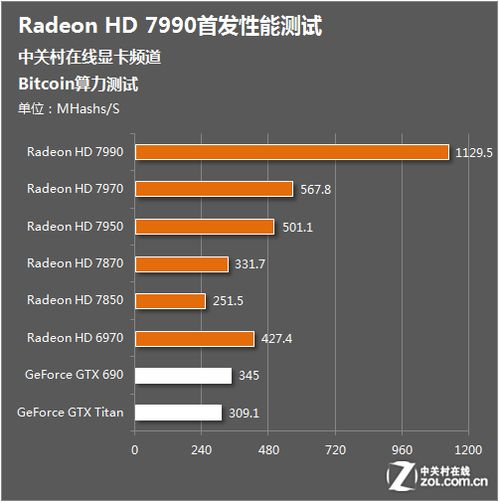Who Holds the Most Bitcoin?, Exploring the Leading Owners in Cryptocurrency
In the dynamic world of cryptocurrency, Bitcoin remains the most prominent digital asset. As its popularity and value continue to soar, questions about who holds the most Bitcoin have arisen. Understanding the major stakeholders, including exchanges, whales, and institutional investors, is crucial for anyone looking to navigate the Bitcoin landscape effectively.
In the dynamic world of cryptocurrency, Bitcoin remains the most prominent digital asset. As its popularity and value continue to soar, questions about who holds the most Bitcoin have arisen. Understanding the major stakeholders, including exchanges, whales, and institutional investors, is crucial for anyone looking to navigate the Bitcoin landscape effectively.

What is Bitcoin Ownership?
Bitcoin ownership refers to the allocation and distribution of Bitcoin among various entities. Traditionally, the term “whale” is used to describe individuals or organizations that hold large amounts of Bitcoin. The concentration of Bitcoin ownership is significant since even small changes in their holdings can impact the currency’s price. Moreover, understanding these holdings can provide insights into market trends and usage.

Major Bitcoin Holders
1. Bitcoin Exchanges: Exchanges like Binance, Coinbase, and Kraken hold large amounts of Bitcoin in order to facilitate trading. These platforms often control thousands of Bitcoins and play a crucial role in liquidity and price discovery. Their holdings can fluctuate significantly based on trading volumes and user withdrawals.
2. Bitcoin Whales: There are known individuals and entities referred to as Bitcoin whales, which typically hold
1,000 Bitcoins or more. Some go as far as to keep their wallets anonymous, while others are well-known figures in the crypto space. Tracking the transactions of these whales can provide predictive insights into market movements.
3. Institutional Investors: Increasingly, institutional investors like MicroStrategy, Tesla, and Square have joined the ranks of significant Bitcoin holders. These companies often buy Bitcoin to hedge against inflation or as part of their corporate strategy, further legitimizing Bitcoin as a digital asset.

Decentralization and Its Importance
While central exchanges and institutional investors might hold significant amounts of Bitcoin, the concept of decentralization is fundamental to Bitcoin’s design. It allows for an open network where ownership can spread among individuals globally. Thus, a single entity, deriving excessive control over Bitcoin, contradicts its foundational principles.
The growing number of small-scale investors indicates a healthy mix of Bitcoin distribution among various holders, enhancing Bitcoin’s resilience to market volatility caused by large stakeholders.
In conclusion, the question of who holds the most Bitcoin is layered and depends on various factors such as exchanges, whales, and institutional investors. The ownership landscape of Bitcoin will likely continue to evolve as both individual and institutional participation in cryptocurrencies increases, driving further interest and innovations in this digital asset.


